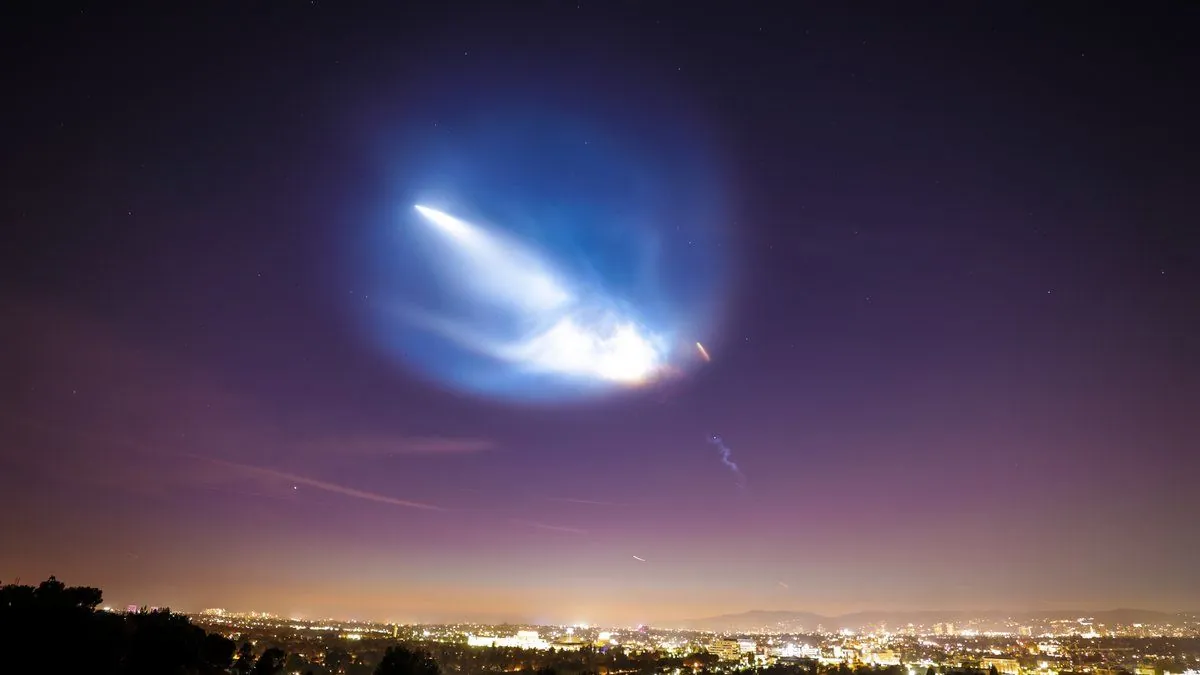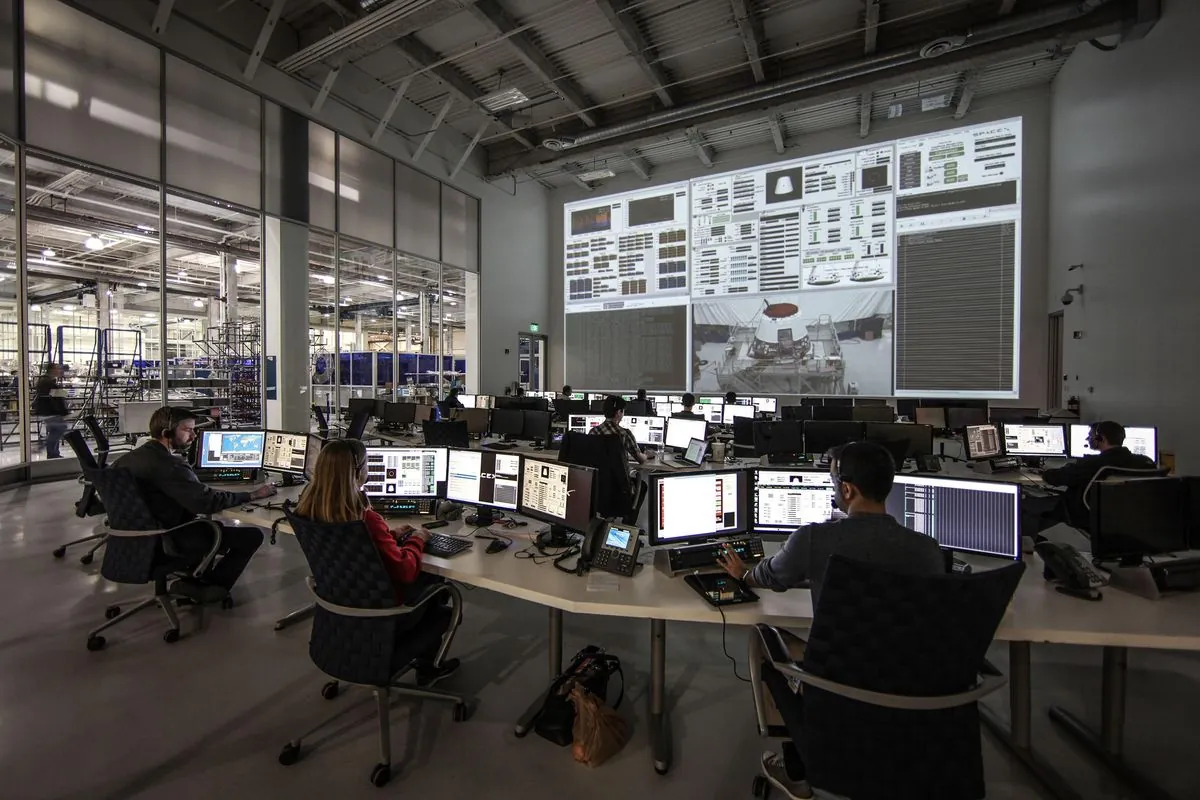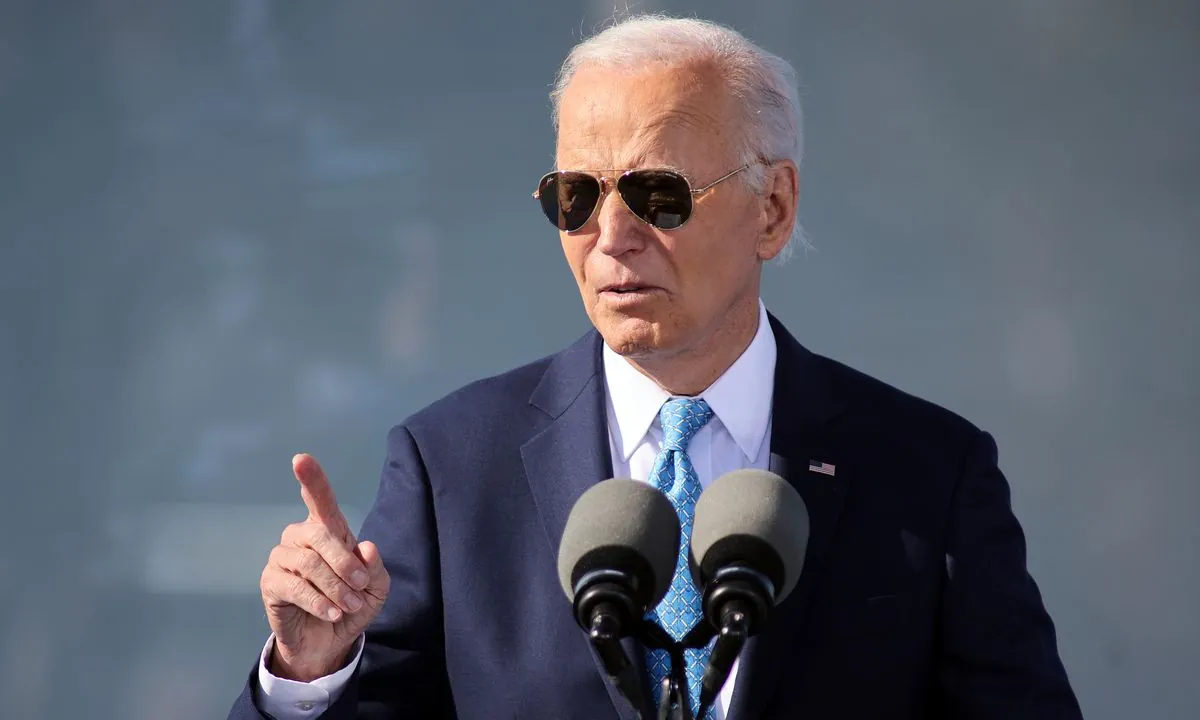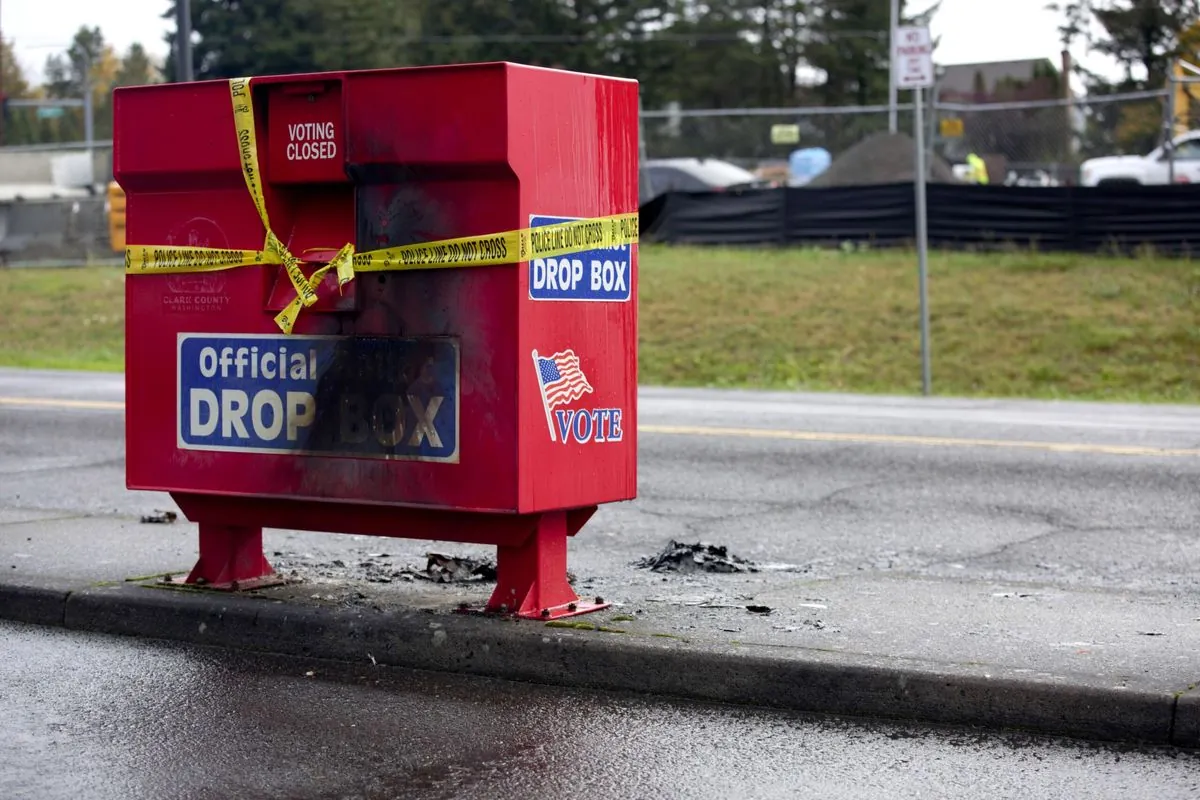FAA Proposes $633K Fine for SpaceX, Musk Criticizes 'Lawfare'
The FAA seeks to fine SpaceX $633,009 for alleged safety violations, prompting criticism from Elon Musk. The penalties relate to unapproved facilities use and highlight ongoing tensions in space industry regulation.

The Federal Aviation Administration (FAA) has proposed a $633,009 fine for SpaceX, alleging safety rule violations during recent launches. This action has drawn criticism from the company's founder, Elon Musk, who characterized it as "more lawfare" in response to a social media post about the fines.
According to the FAA, SpaceX allegedly bypassed agreed-upon safety measures during two separate missions. The first incident, occurring on June 18, 2023, involved the use of an unapproved launch control room without conducting a required readiness poll, resulting in a proposed $350,000 penalty. The second violation, a month later, concerned the use of an unapproved rocket propellant storage site, leading to an additional $283,009 in proposed fines.
Marc Nichols, FAA Chief Counsel, emphasized the agency's commitment to safety, stating, "Safety drives everything we do at the FAA, including a legal responsibility for the safety oversight of companies with commercial space transportation licenses."
This is not the first time SpaceX has faced regulatory scrutiny. In 2022, the company paid a $175,000 penalty for failing to provide regulators with collision avoidance trajectory data during a satellite launch.

SpaceX, founded by Elon Musk in 2002, has been at the forefront of commercial spaceflight innovation. The company has achieved numerous milestones, including becoming the first private entity to send a spacecraft to the International Space Station in 2012. With over 200 successful launches as of 2023, SpaceX has revolutionized the industry with its partially reusable Falcon 9 rocket and ambitious Starship project.
Musk has been vocal about his frustrations with the pace of regulatory processes in the spaceflight industry. At a recent summit in Los Angeles, he expressed concern over the slow approval process for the next Starship flight, stating, "It really should not be possible to build a giant rocket faster than paper can move from one desk to another."
The SpaceX CEO's ambitious goals include reaching Mars with Starship by 2026, aligning with his vision of humanity becoming a "space-faring species." However, regulatory hurdles may impact this timeline, with the next Starship flight approval not expected before late November 2024.
The issue of regulating the private space industry has garnered attention from lawmakers. Republican Senators Marco Rubio and Rick Scott of Florida have raised concerns about licensing challenges faced by space companies, framing the issue within the context of global competition with Russia and China in space technology development.
"Licensing timelines must keep pace with commercial space activity, and we cannot allow management issues to give China an edge in the race back to the Moon."
As SpaceX continues to push the boundaries of space exploration, with plans for future missions to the Moon and Mars, the company's relationship with regulators remains a critical factor in its progress. The ongoing debate surrounding space industry regulation highlights the delicate balance between ensuring safety and fostering innovation in this rapidly evolving sector.


































